9 Best Benefits Moisturizer: How to Get the Most of It?
While everyone claims to want healthy, bright skin, not everyone knows the benefits moisturizer and is ready to put in the time and effort to nurture and care for it.
So, in this post, we will tell you about the ingredients, the top benefits, and how to get the most out of moisturizers.
Let’s find out!

Benefits of moisturizers
What Is A Moisturizer?
A moisturizer is a lotion, cream emulsion, ointment, or balm formulated with emollients to keep skin hydrated by hydrating the skin's top layers.
Their skin benefit is that they seal the skin, locking in moisture and nutrients while protecting the skin from environmental irritants.
In fact, moisturizers work in two ways: either trap moisture in your skin, forming a temporary seal, or restore moisture to the outer layer of your skin.
Also, they may come in creams, lotions, and ointments and can be formulated with a variety of ingredients to address a variety of skin concerns.
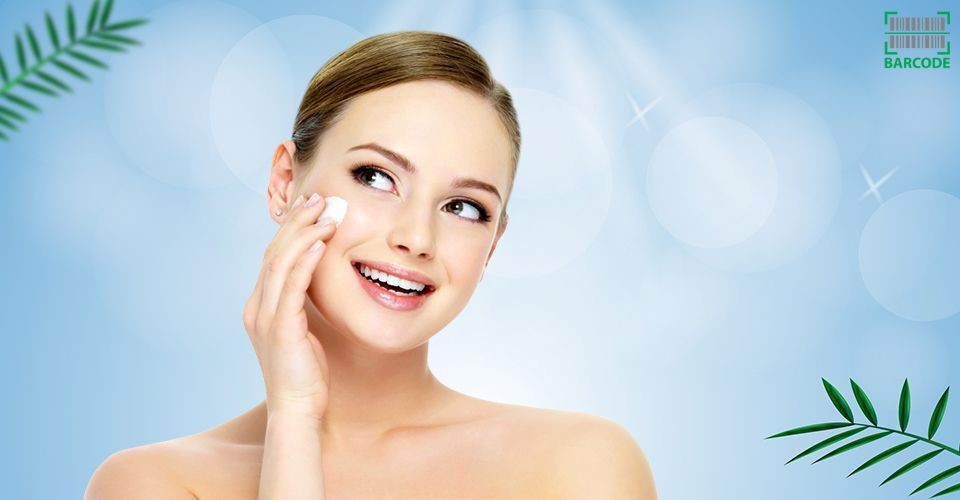
How does skin moisturizer work?
There are many types of moisturizers nowadays, some of the most popular are the Nivea Soft Crème 100Ml, Cetaphil Daily Facial Moisturizers, etc. Hence, you may easily pick the one that suits your needs.
What Are The Moisturizer Ingredients?
Most people use moisturizer as their daily skincare but don’t actually care about its ingredients.
However, this is critical because you may be allergic to certain ingredients or the concentration in which they are contained.
So, what ingredients make up moisturizer?
Water
Most moisturizers are oil-in-water emulsions, hence they are creams and lotions by definition. When you apply the moisturizer, some of the water evaporates, but some also soak in.
While the stratum corneum absorbs water well, it does not bind it well, so an oily substance is required to keep it in place.
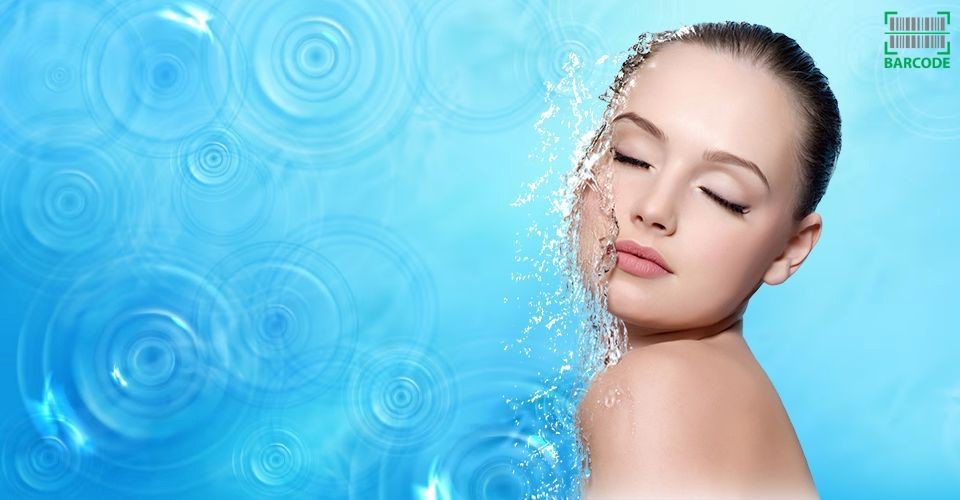
Water is a common ingredient in a moisturizer
Humectants
Humectants that are commonly used include glycerin, honey, panthenol (or vitamin B5), sorbitol, and urea.
In theory, they draw water into the stratum corneum from both the air and deeper layers of the skin.
Occlusives
Petrolatum and other oily ingredients in moisturizers are known as occlusives because they prevent water evaporation.
Despite all of the sophisticated variations in moisturizers, petrolatum remains a mainstay and is frequently listed as the third or fourth component.
Vitamins
Topical retinoic acid, a type of vitamin A, reduces fine lines and wrinkles in the skin by stimulating collagen production and is the primary ingredient in prescription anti-wrinkle creams.
Vitamin C, also known as ascorbic acid, and vitamin E, also known as tocopheryl acetate, are added for their antioxidant properties.

Vitamins are commonly present in facial moisturizers
You may refer to the best moisturizer with vitamin C in Barcode Live!
Emollients
Emollients are added to moisturizers to make the skin feel smooth rather than moisturize it.
In addition to their primary function as occlusives, humectants and chemicals like dimethicone also serve as emollients.
Lactic acid
AmLactin, an over-the-counter lotion, contains 12% lactic acid, a powerful humectant that can also loosen adhesions, making skin more flexible and less prone to cracking.
Lactic acid-containing products can sting at times.
Menthol
Menthol is frequently used in moisturizers marketed as itch relief.
Although menthol does not address the underlying issue, the familiar cooling sensation appears to counteract the itching sensation.
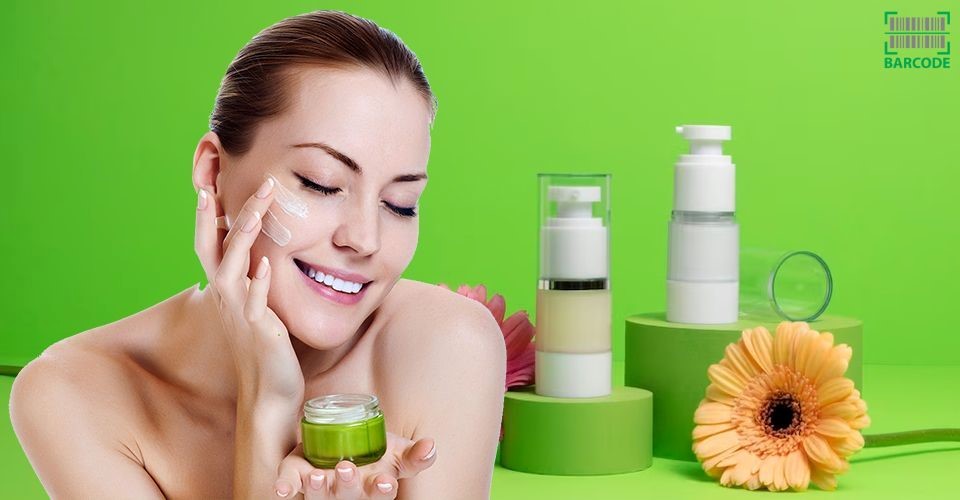
You should care about the moisturizing ingredients
9 Best Benefits Moisturizer
Why is it crucial to apply a moisturizer? Let's break it down into the top 9 benefits of a moisturizer!
Reduce the chances of skin problems
Many common skin problems, like acne, tend to appear when the skin becomes too oily or too dry. Hence, using the right moisturizer for your skin type can help keep its balance.
According to dermatologist Dr. Ted Lain, if your skin is oily, you should look for lotions rather than creams, and try to find a moisturizer that contains an exfoliant.
If you have dry skin, look for a cream, which has a higher oil content.
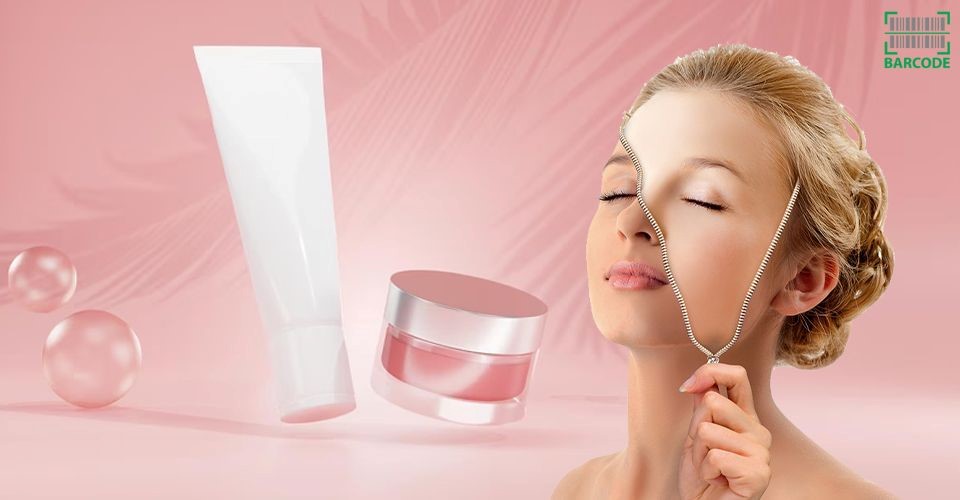
Moisturizers help reduce the chances of skin problems
Prevent dryness
Did you know that cold or hot weather, air conditioning, or indoor heat can all suck the moisture right out of your skin?
That's where a good moisturizer comes in. It not only replaces moisture that has already been lost, but it also helps to prevent future loss.
Slow the signs of aging
The most sensitive areas of your skin, such as your face, ears, neck, and chest, replace themselves more frequently than any other.
This daily loss of skin cells exposes these areas to dryness and the elements, making them high-risk areas for skin cancer.
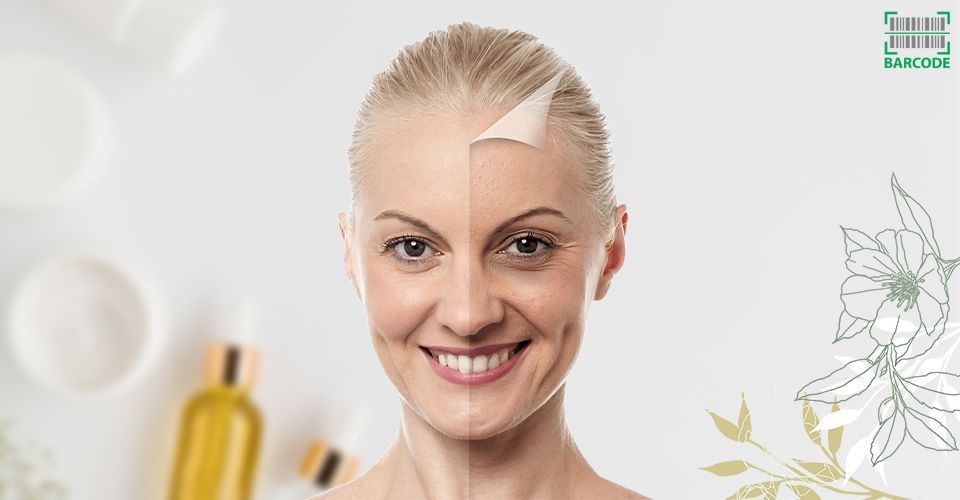
Using a facial moisturizer can slow the signs of aging
Moisturizing can provide the boost your sensitive skin requires to repair itself and stay healthy.
And the plump, firm feeling you get after hydrating your face actually helps to slow down the process.
Fight acne and wrinkles
It may appear strange to add more moisture to oily skin, but it actually makes sense. When your skin becomes dry, it signals your glands to produce more oil, which can clog your pores and cause breakouts.
People with properly moisturized skin accumulate wrinkles at a fraction of the rate of those with dry skin, according to the British Journal of Dermatology.
So, keeping skin hydrated can actually help it stop producing more oil than it requires.
Protect from the sun
We can't emphasize enough how crucial it is to use an SPF-containing product, even in the winter.
Why not choose a two-in-one moisturizer that includes sun protection as experts advise applying SPF every day?
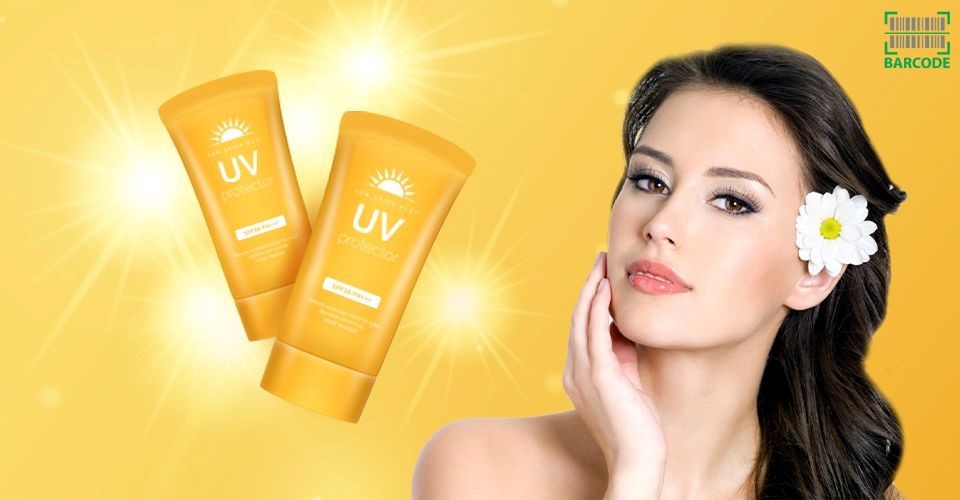
Moisturizing skin can help protect it from the sun
Soothe sensitive skin
Have you got red, irritated skin? Do you have dry, itchy patches?
Sensitive skin requires extra attention. So look for a moisturizer with soothing ingredients such as aloe vera, chamomile, oatmeal, and honey, to name a few.
Provide a healthy and vibrant appearance
It is natural for our skin to lose its ability to heal itself, produce collagen, and replace dead skin cells as we age.
As a result, the skin becomes saggy, colorless, and wrinkled.
Moisturizing on a daily basis will not solve all of your problems, but it will alleviate many symptoms and improve the overall texture and appearance of your skin.
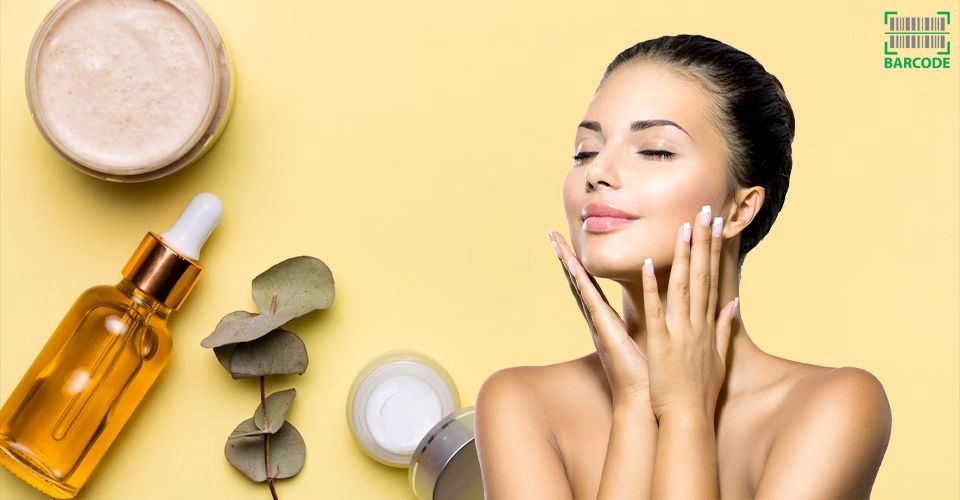
You can get a healthy and vibrant appearance by using a moisturizer
Your skin will no longer appear lifeless, dull, or flaky, but rather healthy and vibrant. Furthermore, good hydration improves blood circulation, which will add color to your face.
Reduce symptoms of inflammation
Harsh environmental factors and skin conditions can sometimes compromise the function of the barrier, causing the skin to become excessively dry, exposed, and vulnerable to pollutants and bacteria.
In a small pilot clinical study, the authors looked into how topical emollient applications could lower the levels of circulating pro-inflammatory cytokines on the skin.
According to the findings, using moisturizer for 30 days caused cytokines in the blood to decrease.
However, the authors caution that further research must be done before drawing any firm conclusions.
You can pick a moisturizer with all-natural elements that are recognized as anti-inflammatory before we have more trustworthy proof from other studies. natural substances with anti-inflammatory reputations.
Provide a natural makeup look
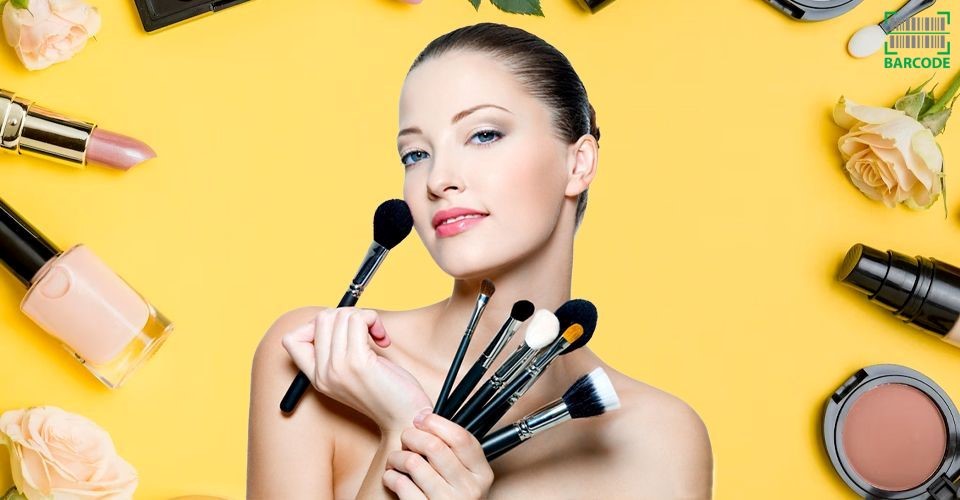
Moisturizers provide a natural makeup look
After cleansing the skin and removing any buildup of dead skin cells and debris inside the pores, moisturize it to soften the skin and get it ready for the next goods.
Moreover, moisturizing will create a barrier of protection between your skin cells and the cosmetics you use.
Remember that you risk having unblended makeup, discomfort, and inflammation if you omit this step.
How to Maximize The Benefits of Moisturizer?
How can you use moisturizer most effectively? Check out these suggestions to enhance the moisturizing effects.
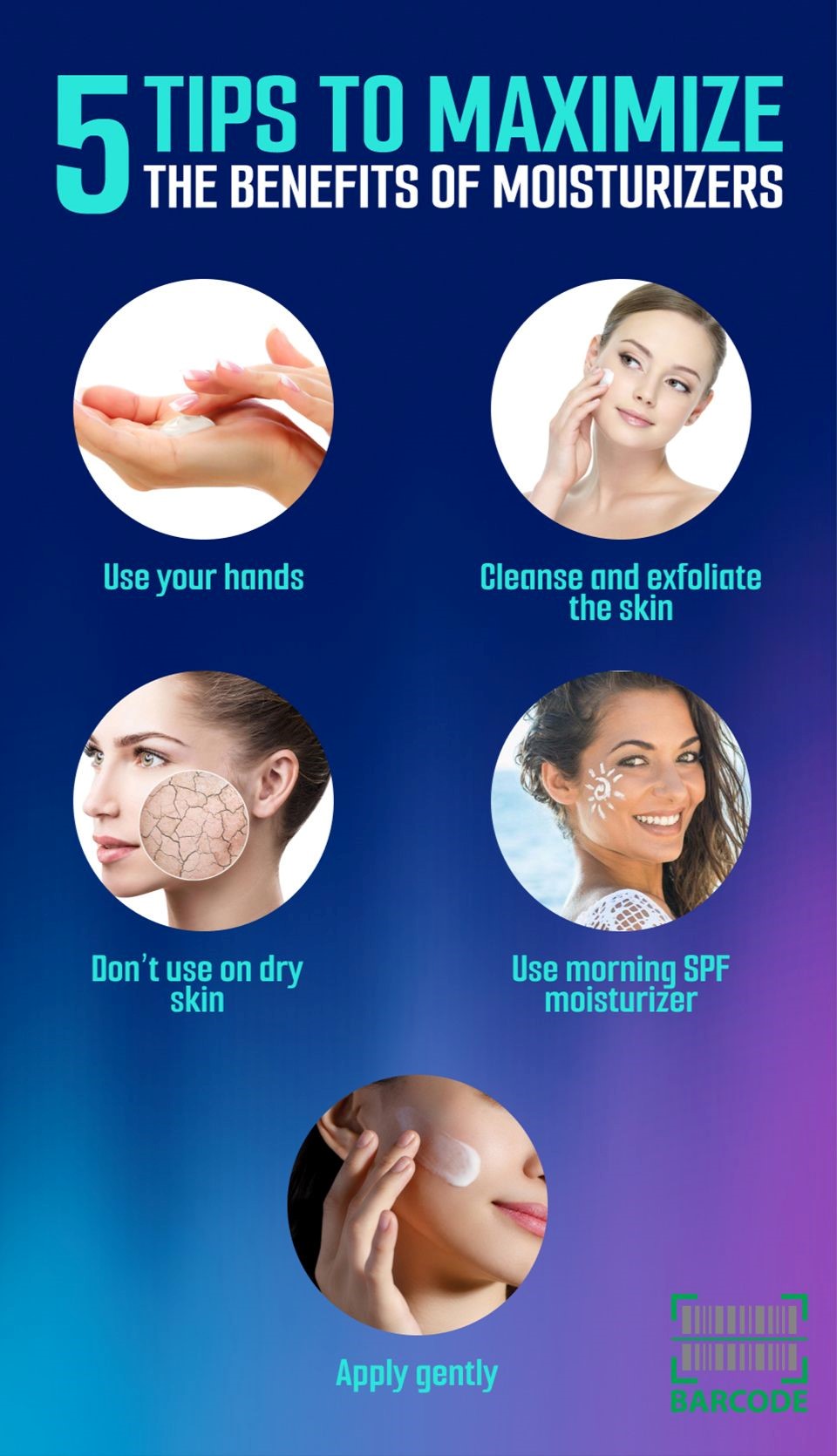
Tips to make the best use of moisturizers
Use your hands
If you don't wash your hands before using them to apply the moisturizer, you're opening yourself up to a huge quantity of bacteria that can harm your skin in a variety of ways.
Although you may think of using cotton pads, cotton balls, or makeup brushes, the issue is that they will absorb most of the moisturizer, depriving your face of the hydration it needs.
Cleanse and exfoliate the skin
The efficiency of your skincare products and the results you might expect are impacted by the order in which you use them.
For instance, you ought to constantly cleanse and exfoliate your skin before finishing with an essence, tonic, serum, and/or moisturizer.
Only your makeup should be applied after the moisturizer.
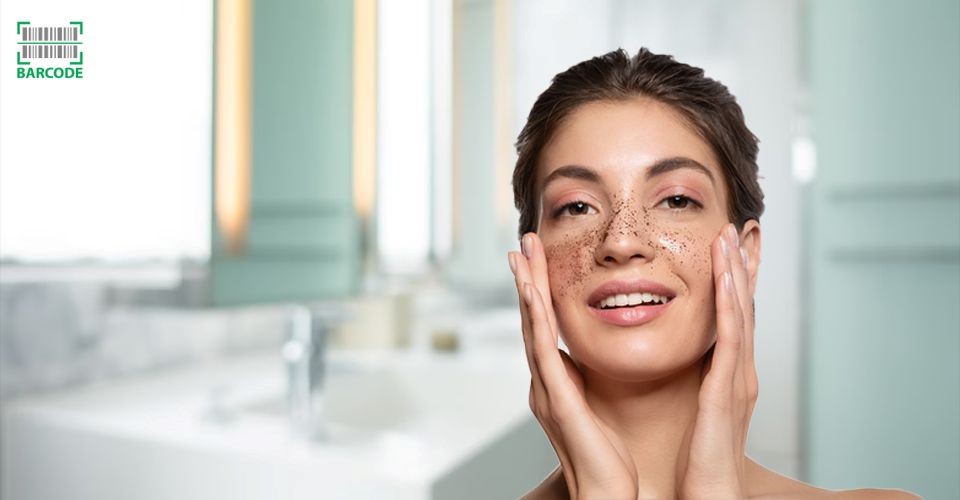
Exfoliate your skin before moisturizing it
Consider the product's texture if you're a little perplexed and unsure of which product to use.
The order is lighter, waterier products first, followed by heavier, more concentrated, and oilier products.
Don’t use on dry skin
Use the moisturizer on damp skin after first hydrating it.
This is because most moisturizers perform a fantastic job of sealing in water within the skin's pores, but for that to happen, water within the pores of the skin is necessary.
Even if you use a moisturizer on dry skin, it will unquestionably soften the skin.
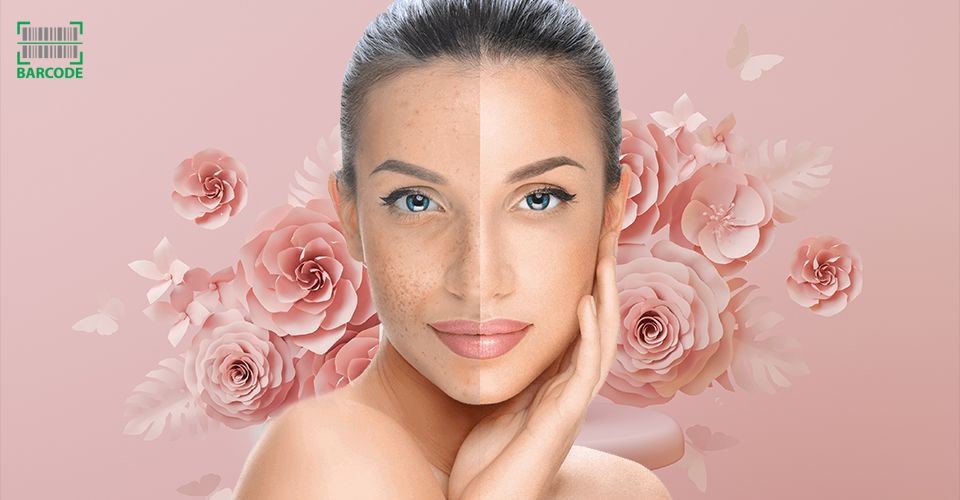
Don’t use a moisturizer on dry skin
Yet, since your skin's moisture will be trapped inside the pores of your skin for a longer period of time if you apply the moisturizer to damp skin, the advantages will be higher.
Use morning SPF moisturizer
Unless you like the creamy texture of sunscreens, you can still protect your skin by applying an SPF-rated moisturizer in the morning before you leave the house.
Even if you don't visit the beach or pool, this still holds true. Even a dawn run can occasionally absorb a lot of sunshine, and not in a good way.
Apply gently
No matter what kind of moisturizer you use, you should always gently massage your face after using it.
Avoid applying pressure as this could irritate the skin.
Those with sensitive or troublesome skin, eczema, inflammatory acne lesions, and other disorders should pay extra attention to this.
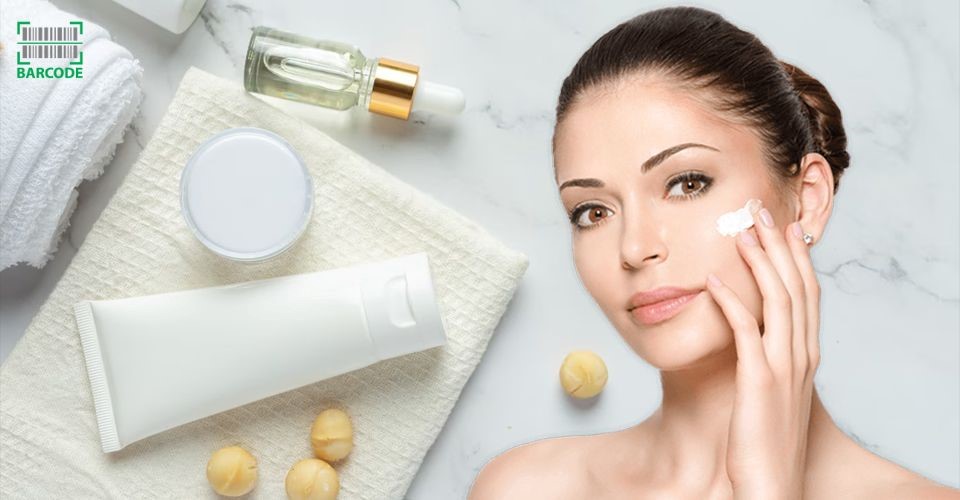
Apply moisturizers gently
Even if the product you chose has the gentlest recipe, if you apply it in such a way that causes physical harm to the skin, your symptoms will worsen and your skin's general complexion will suffer.
Related post: Best moisturizer for rosacea
The best times to apply moisturizer are directly following a bath, a shave, or an exfoliation. Some people might do this twice daily.
It's also crucial to moisturize after a shower since hot water removes all the oils and moisture from your skin, leaving it parched.
Moisturizers are recommended to be applied twice daily, in the morning and at night.
It is the most widely accepted practice because it ensures that your skin's moisture content remains constant throughout the entire 24-hour period.
Your skin will slowly get dry and flaky if you don't moisturize and winter will make this situation worse.
In fact, since you're losing water quickly, if you run a nail across dry skin, you'll likely wind up scratching it.
The Bottom Line
The face is the softest and most exposed part of our body. And moisturizing should be a component of everyone's everyday skincare routine. So we hope that our post will help you know how to properly moisturize in order to maximize the benefits moisturizer and avoid common mistakes.
Source:
https://www.burkewilliams.com/blog/2014/10/23/5-reasons-must-moisturize-skin-2
https://onlinelibrary.wiley.com/doi/abs/10.1111/j.1365-2133.2010.09709.x
https://pubmed.ncbi.nlm.nih.gov/30835878/
https://www.health.harvard.edu/staying-healthy/moisturizers-do-they-work
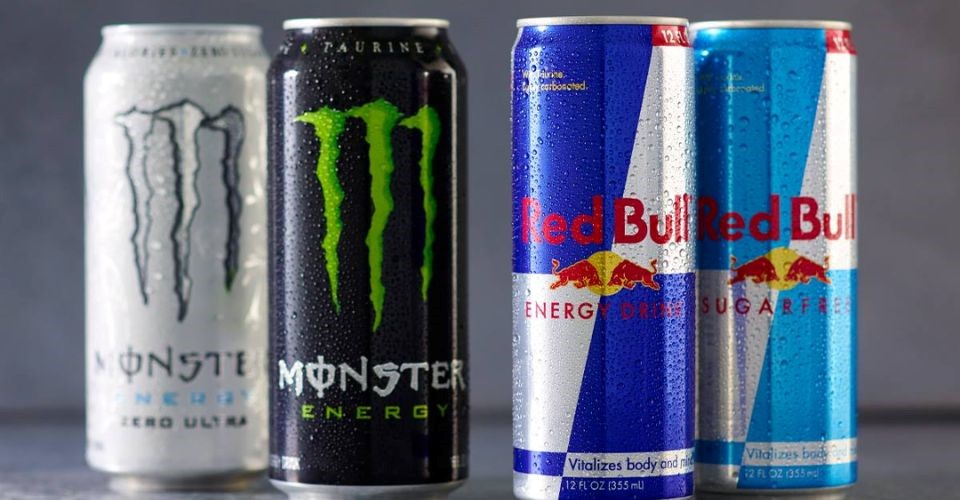

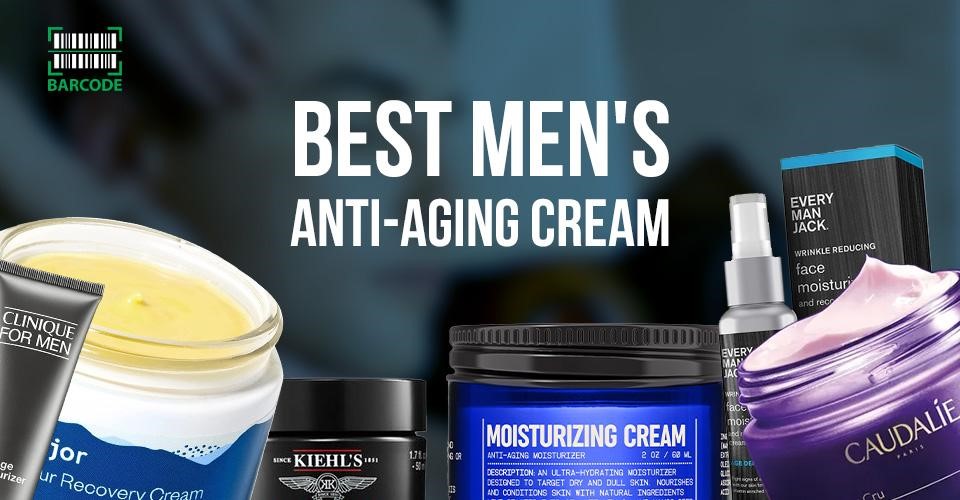
8 Comments
Carson Holmes
What are the benefits of a tinted moisturizer?
Leave a Comment
Your email address will not be published. Required fields are marked *Barcodelive
A tinted moisturizer is a type of moisturizer that contains pigments to give your skin a bit of color. It can be used in place of foundation or as a light coverage option for days when you don't want to wear a lot of makeup. Tinted moisturizers can provide light coverage, hydration, and SPF protection all in one product. They tend to be less drying than traditional foundations and can be a good option for people with dry or sensitive skin
Leave a Comment
Your email address will not be published. Required fields are marked *Kim Mathew
Does rubbing coconut oil on your face cause more issues than benefits? Can it really dry out skin instead of moisturizing?
Leave a Comment
Your email address will not be published. Required fields are marked *Addison Hopkins
Don’t use coconut oil on your face. It’s comedogenic, it clogs pores. And there are dozens of other carrier oils out there that are much better than coconut oil.
Leave a Comment
Your email address will not be published. Required fields are marked *Sai Rampersaud
How often should I moisturize my legs? What are the benefits of moisturizing my legs if I have dry skin?
Leave a Comment
Your email address will not be published. Required fields are marked *Barcodelive
If you have dry skin, you should moisturize your legs every day. The benefits of moisturizing your legs are that it will help to keep your skin hydrated and prevent dry, cracked skin.
Leave a Comment
Your email address will not be published. Required fields are marked *Blakely White
There is so much great, useful information here. Thank you! Thank you! Thank you!
Leave a Comment
Your email address will not be published. Required fields are marked *Barcodelive
Hi, you’re welcome. Happy to help
Leave a Comment
Your email address will not be published. Required fields are marked *Leave a Comment
Your email address will not be published. Required fields are marked *